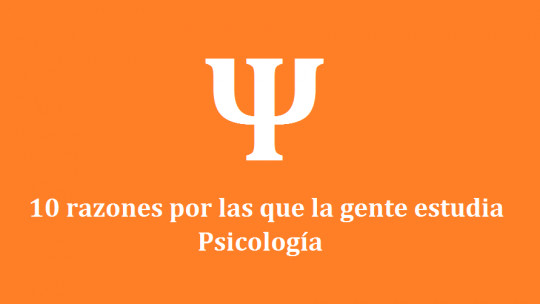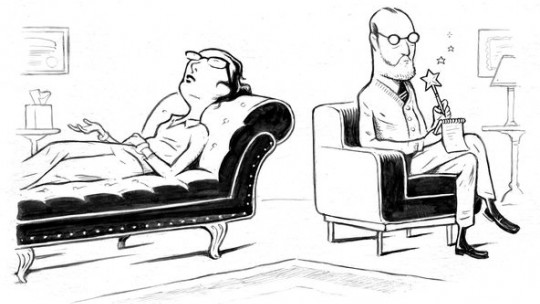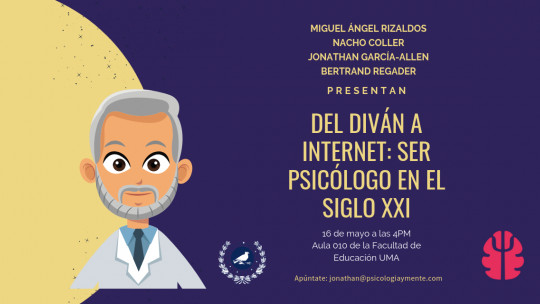
Psychology generates a lot of interest today, and studying the Degree in Psychology, on a personal level, can be one of the best experiences in life.
But despite how enriching it is to learn about behavioral science and how interesting some of the subjects that are part of its academic program are, this career is impractical
The problem of newly graduated psychologists
This becomes a serious problem when you have to deal with people and, on many occasions, their emotional conflicts, because when you have to get in front of a patient to perform therapy and you don’t know what to do or how to do it, something is wrong (and not I’m just saying it, it’s what you hear in the faculty hallways and it’s what recent graduates say).
Four years invested in the Degree, almost two years in the Master of General Health Psychologist and a lot of money and time spent training you to not be able to put into practice everything you have learned.
The dilemma of getting practical experience
Well, even more frustrating is when you try to look for work and no one gives you the opportunity to practice as a psychotherapist. Because as much as you want to prove yourself and show everyone that you are good at what you are most passionate about, no one gives you the opportunity to dedicate yourself to your vocation because you do not have enough professional experience.
It’s a fish that bites its own tail: you can’t grow professionally because you don’t have enough experience, but no one gives you the chance to get experience to continue growing and developing professionally.
Be prepared for the world of work
As Natalia Pimentel, a recently qualified general health psychologist, says: “What worried me most when I finished the Degree in Psychology and the Master of General Health Psychologist was having studied so hard and having spent so much time and money and feeling that I was halfway to achieving what I had set out to do: to be a psychologist. I felt that I was not fully competent and that I could not help my patients improve their well-being.”
Being competent in your job is not knowing how to do a final degree project, or reading hundreds of research papers, nor pass theoretical exams, nor listen to many professionals in this field tell you what psychological therapy is. Being competent goes further: it means seeing many practical cases, participating in therapeutic practice, having your own patient agenda and doing therapy with them. In other words, it is not just studying a syllabus, but it is knowing how to mobilize all that learning and knowledge and put into practice your skills and all the internal and external resources that you have to do your job well.

Lack of practice is a reality in university careers
Everyone who has studied the Degree in Psychology knows what I’m talking about, so surely many of you can identify with this text and with what Natalia expresses below: “In these years of study we have filled our heads with data, articles, theories and concepts that many times we are not even going to use. And what really matters, which is practice, has a residual value in university training.”
Furthermore, Natalia adds: “It is not a very pleasant feeling to finish your degree without having any idea of what you should do in the job for which you have trained. Because this makes you demotivated and makes you feel insecure when it comes to applying everything you have studied. What is much”. Definitely, a very worrying reality, shared by thousands of recently graduated psychologists
Something must change in the current training model
Something must change in the way university institutions educate us. It cannot be that after studying for 5 or 6 years (this includes the Bachelor’s and the Master’s if you pass the first time), you have to learn to work. What’s the point of having so much general knowledge if no one teaches you how to actually do your job as a psychologist?
There are many graduates who, upon finishing the Degree in Psychology or the General Health Master’s Degree, affirm that they are not prepared to put into practice all the learning they have acquired throughout their years of study, which is why this postgraduate degree was designed to compensate for this. reality that so many psychologists experience.








